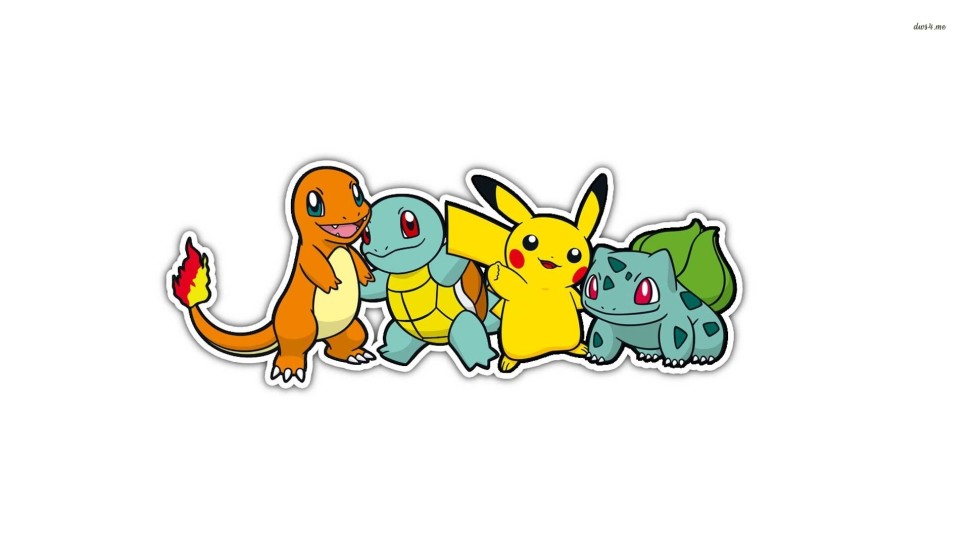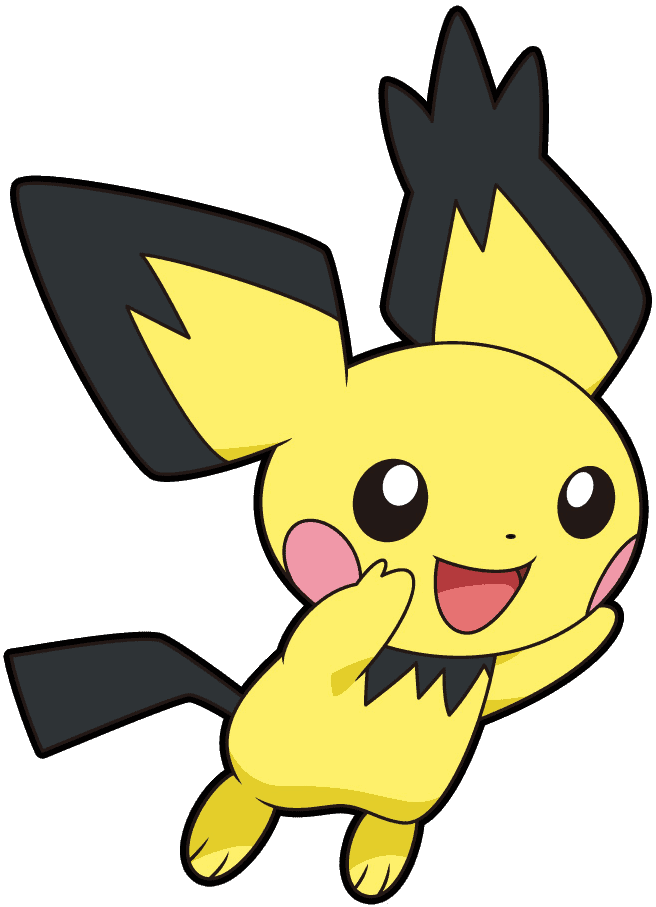Tsunekazu Ishihara, presidente e CEO di the Pokémon Company, ha recentemente svelato alcuni succosi dettagli sulla localizzazione dei nomi Pokémon; il tutto in un’intervista avuta con Inside Games riportata da Nintendoeverything, che potete trovare a questo link.
[ENG] We were most troubled with the problem as to whether Pikachu should remain as Pikachu. For Japanese people, Pika comes from electricity and Chu stems from mouse, but outside Japan it would be meaningless and nonsense. Nonsense cannot be valued. People won’t be able to answer whether onomatopoeia they don’t understand the meaning of is good or bad. So we had no other options but to think about them one by one.
We made Pikachu [‘s name] the same all across the world. They may not know the meaning, but we secured the Pikachu trademark worldwide, so we decided to just go with Pikachu. But if everything was the same [as Japanese] it would be a total disarray of meaning, since Fushigidane’s name came from it carrying a mysterious (fushigi) seed (tane) on its back. We mixed Bulb – which can also mean Seed – with Saurus from Dinosaurs, and it became Bulbasaur. When we asked Americans just to make sure, they had the image of a reptile or amphibian carrying a bud on their back, so it was OK. For Hitokage, we mixed Charcoal and Salamander to become Charmander. Arbo is also difficult to understand, so we made it Ekans. But the latter is actually an anagram of Snake.
We don’t use regularity in determining the English names, but instead everyone had to think their best and use their creativity for each word one by one. By that way, each Pokemon will feel livelier. While we’re taking in puns from each country, mysterious creatures are inserted into them. By having a huge percentage of the 151 Pokemon having different names from Japanese, the anime dubbing also became multiple times harder though… But thanks to [people] putting their best in giving names, it contributed largely to getting accepted by the world.
[ITA] Ciò che ci preoccupava maggiormente era se il nome “Pikachu” dovesse rimanere tale. Per le persone in Giappone “pika” sta per “elettricità” mentre “chu” è la radice che indica il “topo”, ma fuori dal Giappone sarebbe stato percepito come senza senso o senza significato. Il nonsense non può essere giudicato. Le persone non avrebbero potuto dire se le onomatopee di cui non capivano il senso fossero buone o sbagliate. Quindi non avemmo altra scelta che prenderli in considerazione uno alla volta.
Abbiamo fatto in modo che il nome “Pikachu” fosse lo stesso in tutto il mondo. Possono anche non conoscerne il significato, ma abbiamo stabilito il marchio Pikachu su scala mondiale, perciò abbiamo deciso di tenere quello. Ma se tutti i nomi fossero come i corrispettivi giapponesi, ci sarebbe un problema col significato, dato che “Fushigidane” (Bulbasaur) deve il proprio nome al fatto di portare un misterioso fushigi (seme) sulla schiena (dane). Abbiamo allora messo insieme “bulb” -che in inglese può significare anche “seme”- con “sauro” (da “dinosauro”), ed è diventato Bulbasaur. Quando abbiamo chiesto agli americani (cosa ne pensassero) giusto per essere sicuri, ci dissero che avevano l’immagine di un rettile o anfibio che portava un bocciolo sulla schiena, perciò andava bene. Per “Hitokage” (Charmander), abbiamo mescolato Charcoal (carbone) e Salamander (salamandra) per ottenere Charmander. “Arbo” è un’altra parola difficile da capire, perciò l’abbiamo fatto diventare Ekans. Ma quest’ultimo è in realtà l’anagramma di snake.
Non usiamo processi regolari per determinare il nome inglese, ma invece ognuno si spreme le meningi e usa la propria creatività per ogni parola, una alla volta. In questo modo, ogni Pokémon è più vivo. Mentre da un lato reclutiamo giochi di parole diversi per ogni paese, creture misteriose vi sono assegnate. Dato che una percentuale molto alta dei 151 Pokémon hanno nomi diversi dalla versione giapponese, anche il doppiaggio della serie animata è diventato molto più complicato… ma grazie alle persone che danno il loro meglio nel compito di dare i nomi, (questo compito) ha contribuito enormemente nell’essere accettati dal mondo.


